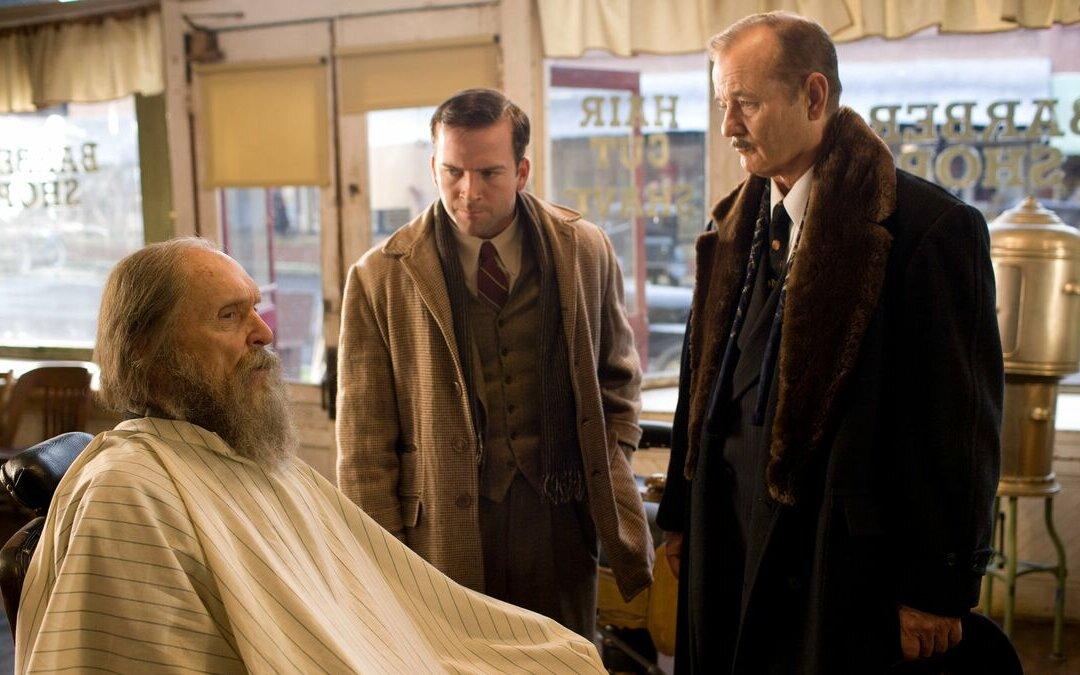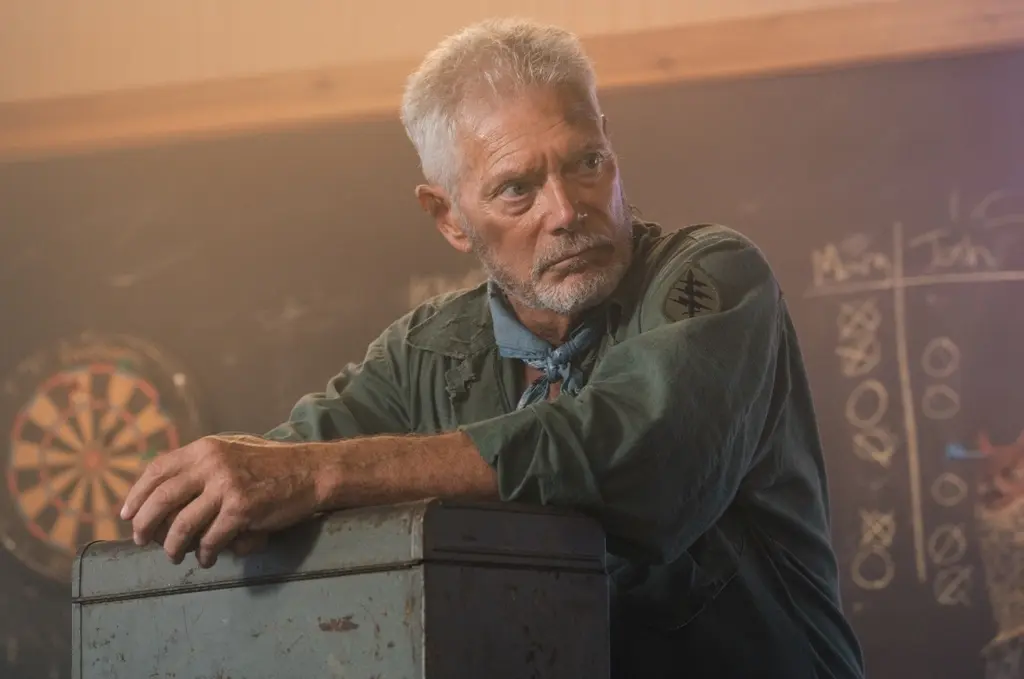PG-13 | 1h 42m | Drama, Comedy | 2010
It’s odd, ironic, and more than a little cruel that on the one day people we know are most likely to say something nice about us, we’ll never hear it. We’ll be there, stiff, cold, horizontal and in a box, but we’ll never be privy to the post-mortem accolades falling from the lips of those that knew (and hopefully loved) us best.






